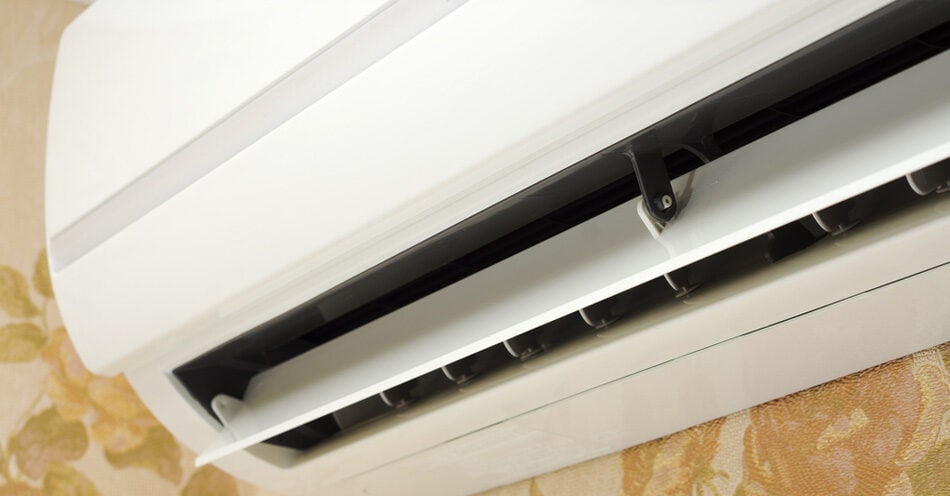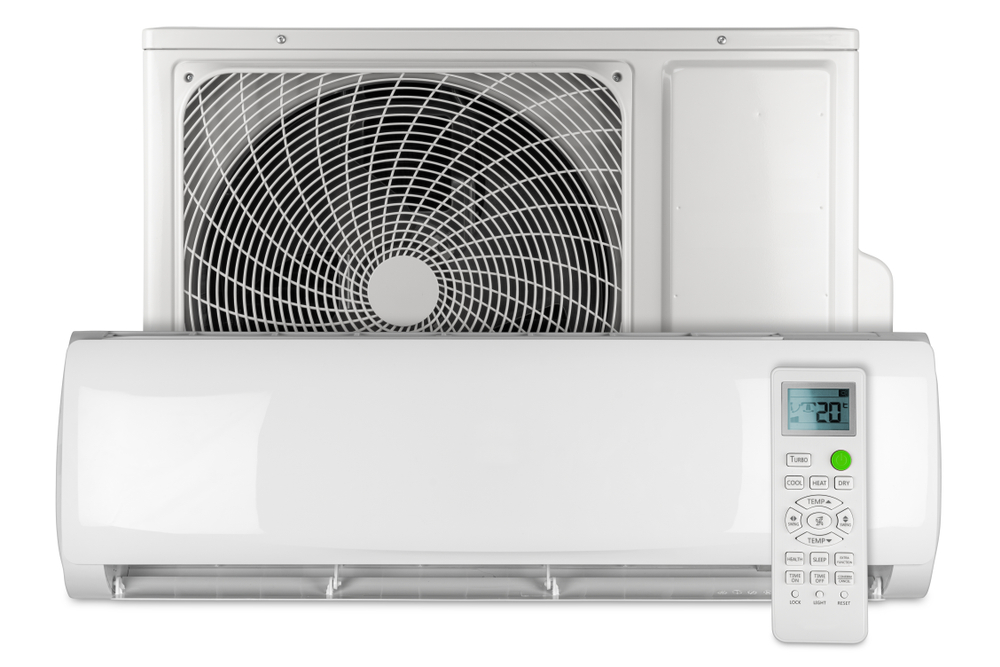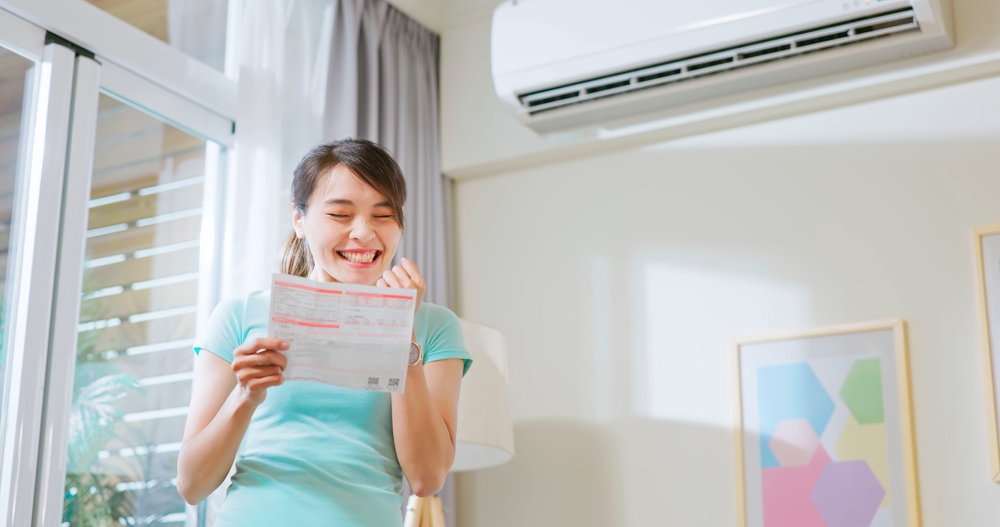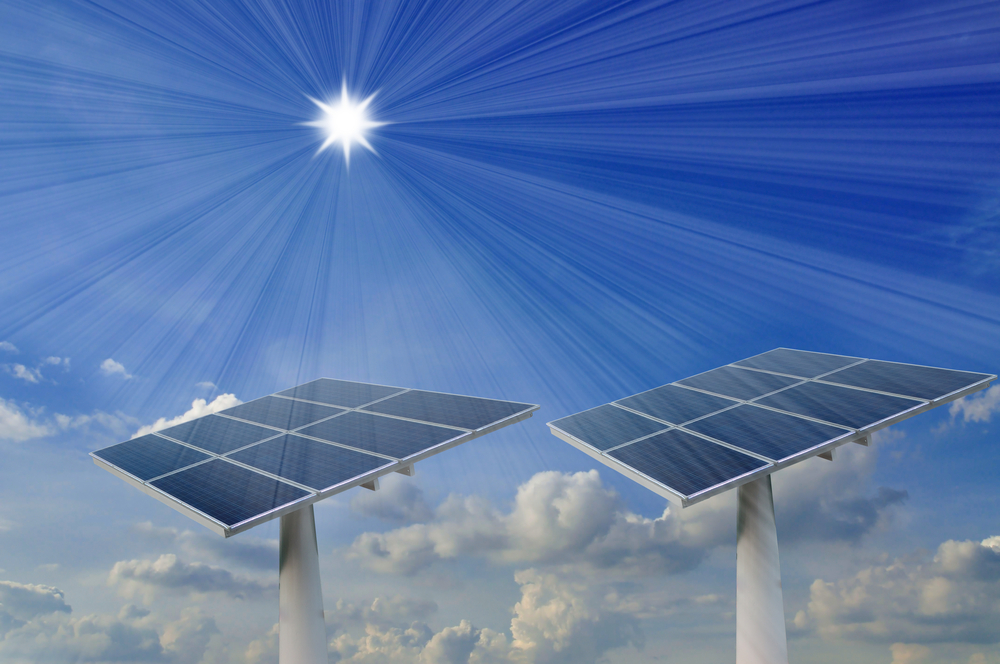
You might have noticed that many appliances today use inverters, from washing machines to refrigerators.
Inverters are devices that convert frequency. In the case of air conditioners, inverters control the compressor by adjusting the unit’s cooling capacity according to the power supply.
Air conditioner inverter systems have been on the market for a number of years now, and they’re all part of the effort to create more efficient heating and cooling systems.
Do you still have a non-inverter model?
As experts in air conditioning in Melbourne, we’ve compiled 8 reasons why you should ditch your old AC and upgrade to an inverter system.
But first, let’s talk inverters.

Modern inverter technology changes the way the compressor in your air conditioner works, and this improves the way your AC functions in multiple ways.
In conventional air conditioners, the compressor has two functions – on and off. So, when you set the temperature level using your thermostat, the motor will activate, and the compressor will switch on and run at full speed until the target temperature has been reached. It will then switch off until the temperature changes, and then it will switch on and repeat the process.
In an inverter air conditioner, your compressor smoothly powers up and powers down rather than simply switching on and off. So, when you set the target temperature, the motor will gradually activate, allowing the compressor to cool down your room. When the target temperature is reached, the motor will slow down but not stop, letting the compressor maintain the target temperature rather than having to constantly switch on and off.
A non-inverter air conditioner is like putting your foot all the way down every time you want to accelerate and then having to slam the brakes to stop. It’s noisier, less efficient, and it will wear down your car faster.
An inverter air conditioner is like putting your foot down gently and then keeping steady pressure on the accelerator and the brakes to maintain speed.
To take it one step further, having to constantly start and stop is not good for your car, and it’s not ideal for your AC either. While you can’t help getting stuck in traffic, you can get an inverter that prevents the constant starting and stopping of the compressor motor.
Some upgrades are optional, like fancy rims for your car. But others are essential, like quality brake pads. Upgrading from a non-inverter unit to an inverter is a bit like those brake pads; a necessary upgrade to ensure you have an affordable, effective, eco-friendly AC.

Inverter air conditioners might cost a bit more upfront, but you will definitely be saving more in the long run.
This is because your AC won’t need to work at full capacity every time you use it. It will spend most of its time maintaining the temperature rather than playing catch up, resulting in less electricity consumed and lower energy bills. An inverter air conditioner can slash up to 40% off your energy consumption compared to a standard non-inverter AC model, resulting in energy savings and lower operating costs.
As sturdy, modern systems, inverter units will also require less maintenance than traditional air conditioners, which are more prone to faults and breakdowns.
Air conditioners have always been convenient, but they haven’t always been environmentally friendly. Luckily, the heating and cooling industry has taken great strides to improve its products, from investing in less harmful refrigerants to the integration of inverter technology.
Inverters are eco-friendly because they cause your system to use less energy. Lower power consumption also means fewer CO2 greenhouse gas emissions being sent into the atmosphere. Coupled with the most ozone-friendly R410a and R32 refrigerants and you get air conditioners that are more environmentally friendly than ever.
Respected heating and cooling companies like Daikin and Panasonic are still working on eco-friendly improvements, but inverters can help your household take further steps towards lowering its carbon footprint.
Inverter tech allows your system to deliver airflow smoothly rather than pushing it towards you at a full and forceful speed. Inverter ACs will also help you maintain a consistent room temperature and they won’t make as many noises because they don’t need to switch on and off constantly.
If you want the smoothest cooling experience with no temperature fluctuations from your split system in Blackburn or your ducted air conditioning in Dandenong, it pays to upgrade to an inverter unit.
You might think that the variable speed of an inverter AC would slow it down, but it actually does the opposite. The variable compressor speed allows the unit to cool rooms faster because the inverter enables the compressor motor to run at even higher speeds. And once your system is on, it won’t need to stop and start constantly, allowing it to react quickly to changes in room temperature.

There are two main reasons why inverter systems provide whisper-quiet operation compared to traditional ACs.
Firstly, these systems are usually in temperature maintenance mode, meaning the compressor motor is operating slowly. The lower the compressor motor speed, the less noise your system makes. This is compared to non-inverter systems, which are always operating at their full fixed speed whenever they are blowing air, resulting in noisier operation.
Secondly, non-inverter air conditioners have to constantly switch on and off, which creates extra noise. Think of a car engine starting or the whirring of an old computer when it first boots up. By turning on and staying on, inverter systems eliminate a lot of the noise commonly associated with air conditioners.
A quieter bedroom air conditioner will help you have a good night’s sleep, but the lack of noise isn’t an inverter’s only bedtime benefit.
These systems also maintain a constant room temperature, meaning you won’t be pulling on and throwing off the covers as the indoor temperature fluctuates throughout the night.
There’s a simple reason why an inverter air conditioner is likely to have a longer lifespan than a standard model.
An inverter unit greatly reduces the amount of noise and vibration, and as mentioned multiple times, it doesn’t need to switch on and off. This allows your air conditioning to run much more smoothly, meaning less wear and tear on the air conditioning unit and a longer-lasting system.
Inverter technology also greatly reduces the likelihood of voltage fluctuations and lowers overall power usage. This makes your system less likely to experience electrical faults and creates a safer overall environment for residential wiring.

Some of the main advantages of inverters are lower power bills, higher energy efficiency, reduced electricity consumption, and more eco-friendly operation. Solar power provides all these benefits too, so if you have solar panels or you’re thinking of investing in solar power, getting an inverter system is a no-brainer.
The combination of solar panels and inverters will create the most environmentally friendly, energy-efficient, and affordable air conditioning possible!
Not really.
Like all advanced technology, an inverter air conditioner will be more expensive to buy upfront and could also come with higher ongoing maintenance costs.
Aside from those disadvantages of inverter air conditioners, your new system will be all upsides!
There are many types of inverter technology, including:
Other inverter technologies include variations that automatically adjust based on humidity levels as well as options with a wider temperature range for different climates. You can be sure that our team will match you with the best inverter system for Melbourne’s climate.
You can find inverters in all sorts of cooling systems, including ducted refrigerated air conditioning, evaporative coolers, ducted reverse cycle systems, and split systems in Melbourne.
Here at Australian Climate Systems, we offer a range of heating and cooling systems from trusted brands. Let us help you find the best inverter AC for your needs!
Whether you’re after inverter split systems in Templestowe or ducted air conditioning in Rowville, Box Hill and the surrounds, we can help you. As well as supply and installation, you can also turn to Australian Climate Systems for heating and cooling repairs and maintenance.
For all enquiries, contact us today!